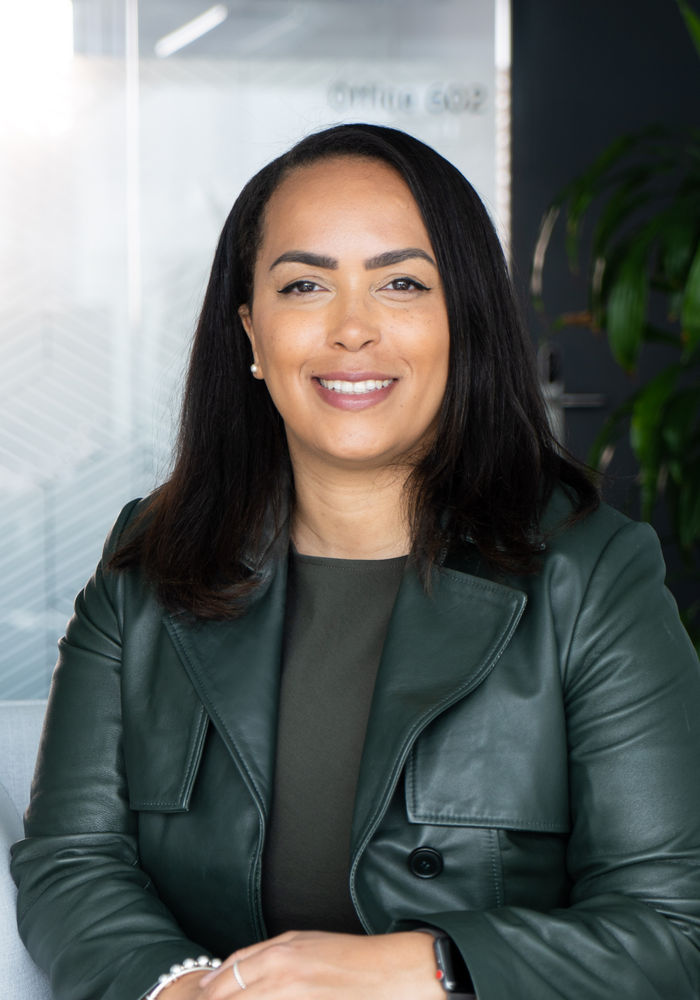The Ivors Academy, the UK’s professional association representing songwriters and composers, recently published its first annual gender and ethnicity pay gap report despite its number of staff members (14) being far below the Government threshold of 250 employees, which is when companies must publish information about gender pay gaps.
Annual pay gap reporting is one part of the Academy’s action plan to champion equality, diversity and inclusion across all of its work. Headliner spoke to chair of The Ivors Academy’s Ethics Committee, Charlene Brown about the report’s findings and what work is left to do.
Brown is also a lawyer, entrepreneur, diversity and inclusion specialist and Co-Active coach. As an employment lawyer, Brown founded Howlett Brown, the UK’s only firm that offers a holistic approach to people-related issues within organisations by looking at the root cause to ensure lasting solutions. As a diversity and inclusion specialist, Brown delivers diversity and inclusion training to some of Europe, the Middle East and Africa’s most known organisations.
What inspired you to launch this report?
At The Ivors Academy we’re determined to represent, celebrate and support the full range of songwriters and composers in the UK – across all genres and backgrounds.
To do this we need to look at everything we do and the way we do it and see where the improvements and opportunities are to be more inclusive in our thinking, strategy and approach, to create opportunities and equity where they’re currently lacking and how we increase our breadth of representation.
Like all organisations, and especially those that have small teams, we have limits on our resources while delivering our core mission – but that focuses rather than dims our determination.
This report is one part of that approach, to provide greater transparency on pay gaps and – importantly – what we’re doing to address them. It’s about pay, but it’s also about creating a positive and equitable culture and environment at the Academy that supports, develops and inspires our hard-working team, and ultimately our members and the communities we serve.




